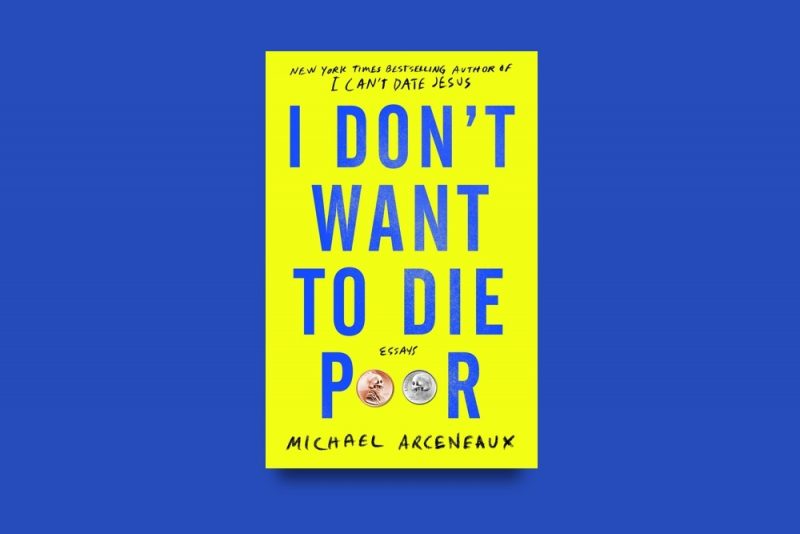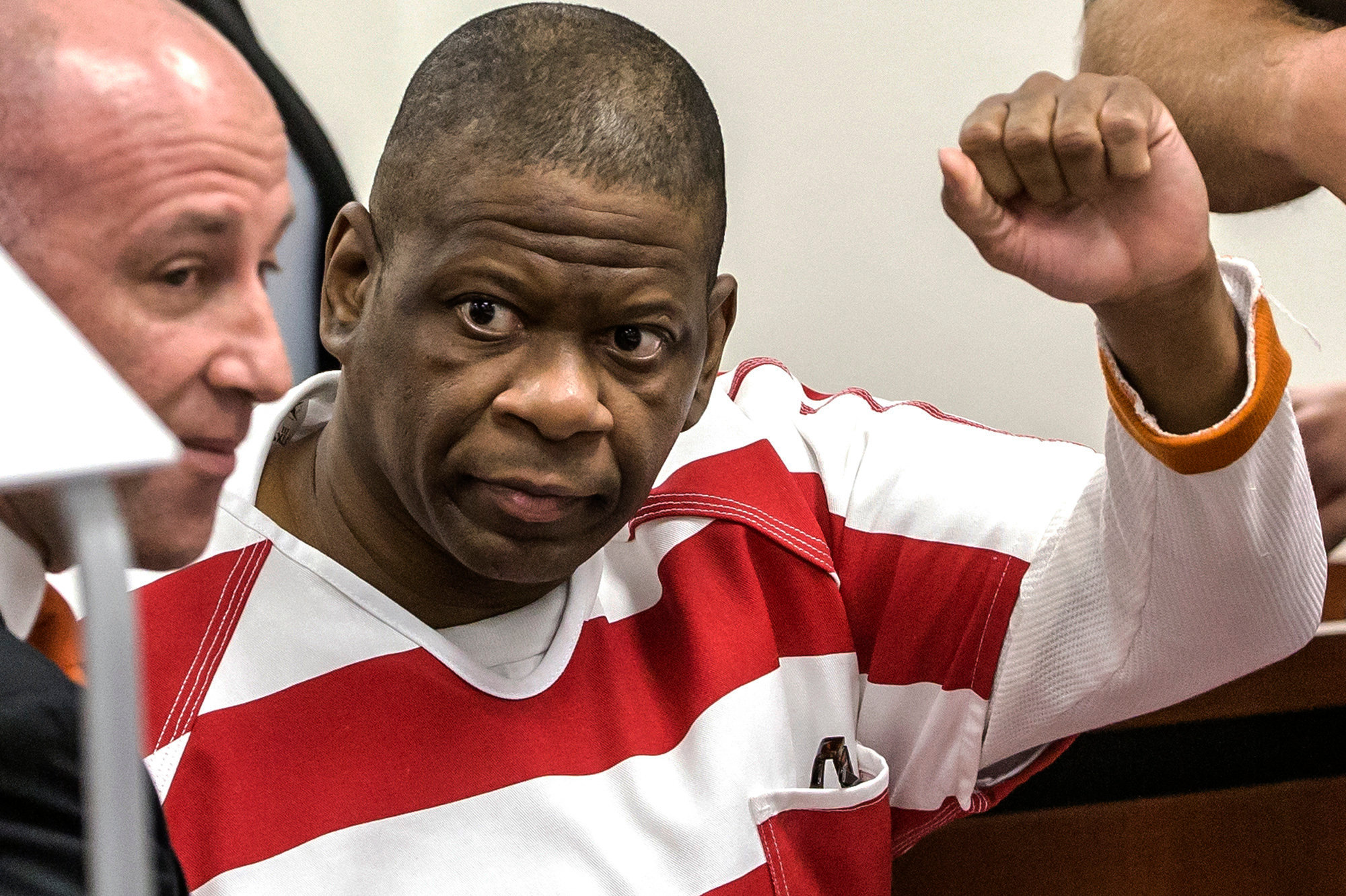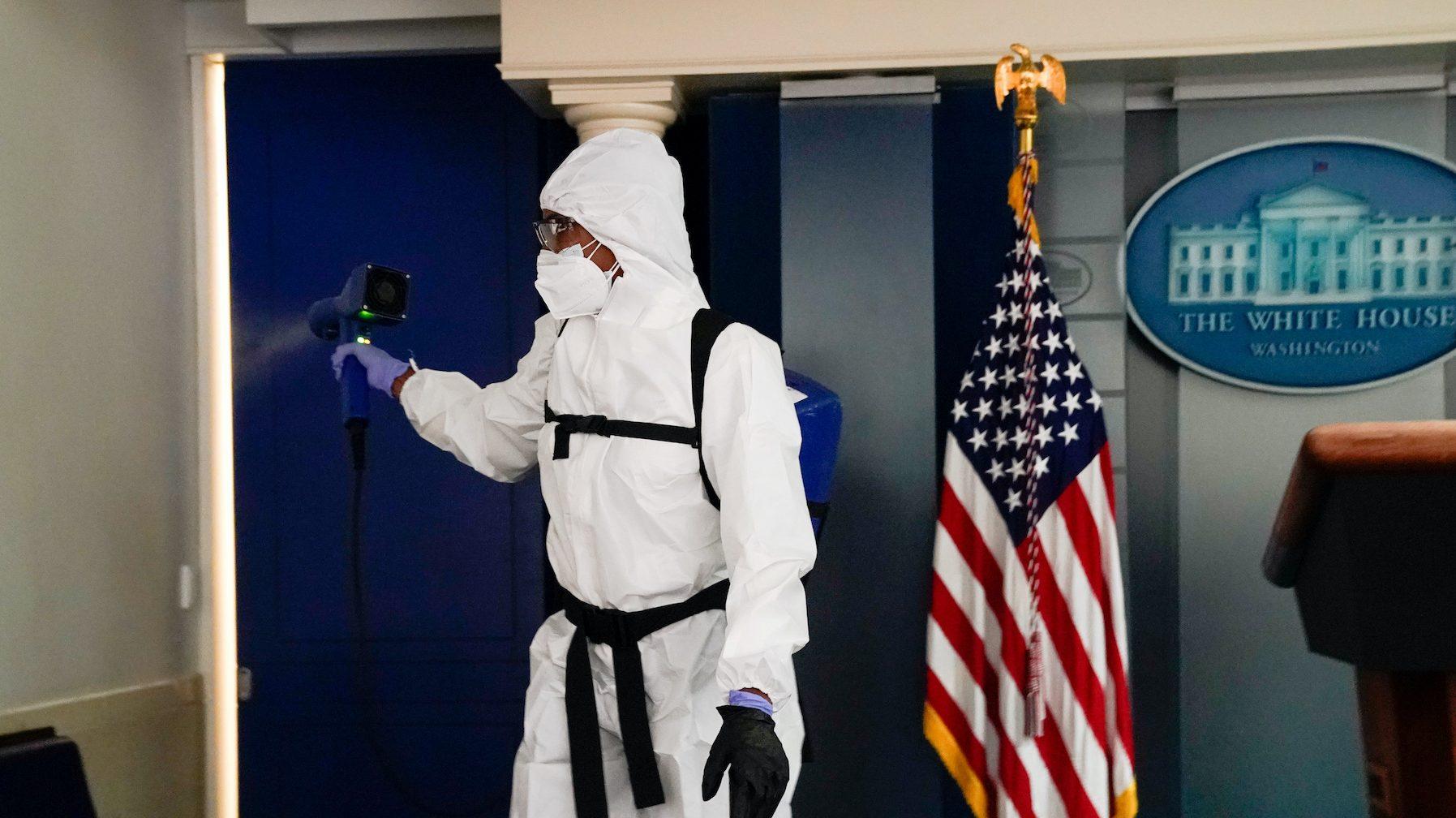Michael Arceneaux’s “I Don’t Want to Die Poor” is a rallying cry for a generation whose financial woes were exacerbated by the 2008 crisis, corporate greed and now a global pandemic. The book delves into the serious toll that chasing your dreams can have in a country where one-third of the population has unpaid debt.
Hilarious and witty, reading the novel felt like blowing off steam with a friend who spills the last mimosa all over herself at brunch (in a good way). It left me wanting to scream “say it louder for the people in the back!” as I sat on a couch in quarantine, alone. Arceneaux’s upbeat, stream-of-consciousness writing makes the misery of being an American millennial feel kind of hilarious and less, well, miserable. But the seriousness of his message is not lost: the author delves deep into the consuming anxiety and guilt that many of us are doomed to suffer for the sin of pursuing a decent education.
That guilt is the sentiment that drives Arceneaux’s relationship with his mother. The book begins with an anecdote in which the author’s mom calls him a “self-centered bastard” for applying to private universities, the gravity of which lingers throughout the book. It magnifies the cruel choice that many young people from low-income families must contend with: to forgo the opportunity for social mobility or drag their families into a lifetime of debt.
In a chapter, appropriately named “K Street Thot (and Other Careers Considered)”, Arceneaux depressingly lists all the other fields (or night jobs) he could have pursued that would have helped him pay off his loans: a gigolo, a sugar baby, or even a black Republican provocateur. The strength of the book lies in its ability to articulate the type of guilty thoughts many of us have considered but never had the courage to say out loud. They are contemplations stemming from the sort of financial panic too many of us are attuned to.
In a turn of events, I found myself in almost the exact position as the author. Arceneaux writes about getting published in The New York Times for an essay about his student debt and recounts the older, most likely Caucasian readers who trashed his piece. My own essay about not being able to afford college, also published in the Times, garnered a similar response: angry Boomers saying I should have pursued an education at a community college instead of NYU, or who told me that they worked three jobs just to get through school. But if we are going to criticize low-income people for pursuing the things everyone tells us will make us better and more successful, then we must also grapple with the fact that we live in a country that solidifies generational (and racial) privilege.
“I Don’t Want to Die Poor” is light-hearted and enjoyable but it is also important. In a post-apocalyptic world, it reads like a manifesto. We come from a generation that has hardly experienced economic prosperity and some of us face extreme financial uncertainty for the second time in little more than a decade. The central message feels more urgent than ever: putting millions of people in debt is unsustainable. Spending the majority of our salary on healthcare and an education we received years ago is not what a free country should look like, which is what the author ultimately hopes for: to be free.





